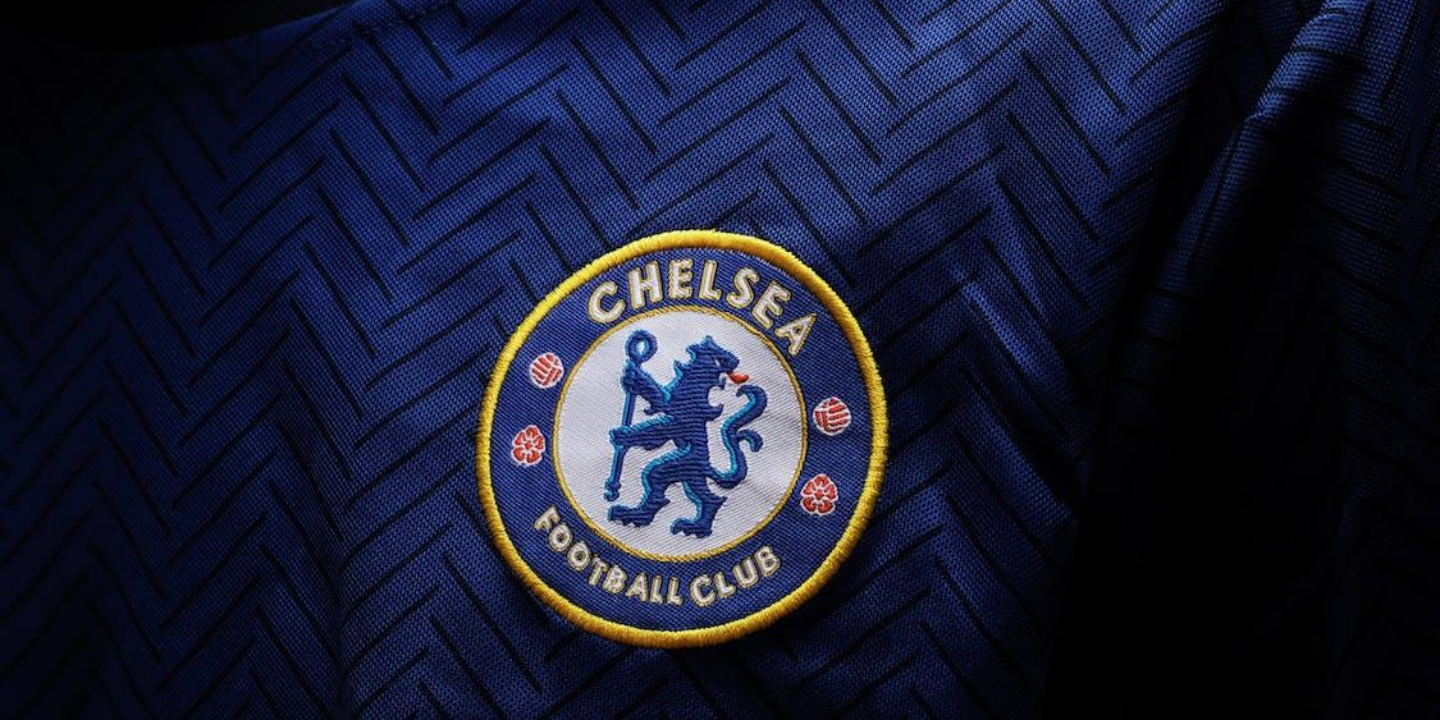
Israel’s systematic military attacks on the people of Gaza and the deprivation of access to food, water, medical care, sanitation and communications had already led to the “genocidal” elimination of one percent of the region’s population.
These were among the allegations South Africa’s legal team raised before a packed International Court of Justice (ICJ) at Peace Palace in The Hague during its opening arguments at public hearings related to its genocide case application filed with the court against Israel on 29 December.
South Africa filed an application instituting proceedings against Israel concerning alleged violations of its obligations under the 1948 Convention on the Prevention and Punishment of the Crime of Genocide (the “Genocide Convention”) in relation to Palestinians in the Gaza Strip.
The hearings are taking place on 11 and 12 January and are devoted to South Africa’s request for the court to provide provisional measures “as a matter of extreme urgency” to be taken against Israel to “protect against further, severe and irreparable harm to the rights of the Palestinian people under the Genocide Convention” and “to ensure Israel’s compliance with its obligations under the Genocide Convention not to engage in genocide, and to prevent and to punish genocide”.
South Africa said in its application that the country aims to “uphold and reaffirm South Africa’s rights and obligations to prevent genocide” in terms of the convention, of which both countries are signatories, and “to protect the people in Gaza from destruction”. The preliminary measures would include ordering Israel to suspend its military operation in Gaza, pending the determination of the genocide case.
Gaza, a narrow strip of about 365 square kilometres bordering Israel and Egypt, is one of the most densely populated places in the world, and is home to 2.3 million Palestinians, almost half of them children.
Israel’s Prime Minister Benjamin Netanyahu has repeatedly denied the allegations of genocide.
In his latest media statement published on his official Twitter account on Wednesday Netanyahu said: “I want to make a few points absolutely clear: Israel has no intention of permanently occupying Gaza or displacing its civilian population. Israel is fighting Hamas terrorists, not the Palestinian population, and we are doing so in full compliance with international law.”
The ICJ is composed of 15 judges elected by the United Nations General Assembly and Security Council for nine-year terms. When two countries have a dispute and the court does not include their nationals on the bench, the governments can appoint ad hoc judges. In this case, South Africa appointed former deputy chief justice Dikgang Moseneke and Israel has appointed Aharon Barak, a retired Israeli supreme court president.
South Africa’s ambassador to the Netherlands, Vusimuzi Madonsela, was first to appear before the court, saying that the country recognised the “ongoing Nakba” [catastrophe] of the Palestinian people through “Israel’s colonisation since 1948, which has systematically and forcibly dispossessed, displaced and fragmented the Palestinian people, deliberately denying them the internationally recognised inalienable rights to self-determination and the internationally recognised right of return as refugees for their towns and villages in what is now the state of Israel”.
“We are also particularly mindful of Israel’s institutionalised regime of discriminatory laws, policies and practices designed and maintained to establish domination, subjecting the Palestinian people to apartheid on both sides of the green line. Decades long impunity for widespread and systematic human rights violations has emboldened Israel in its recurrence, and intensification of international crimes in Palestine,” he said.
South Africa’s justice minister, Ronald Lamola, told the court that Israel continues to exercise control over the airspace, territorial waters, land crossing, water, electricity and civilian infrastructure as well as over key government functions so that there are only two entry and exit points into Gaza, both controlled by Israel.
Lamola said South Africa had “unequivocally condemned” the targeting of civilians by Hamas and other Palestinians armed groups who took about 240 people hostage on 7 October 2023.
But, he said, this development and “even an attack involving atrocity crimes can never invoke any justification for or defence to breaches to the convention”.
“Israel’s response to the 7 October 2023 attack has crossed this line and gives rise to the breaches of the convention. Faced with such evidence and our duty to do what we can do to prevent genocide, as contained in Article One of the convention the South African government initiated this case,” Lamola said.
“South Africa welcomes the fact that Israel is engaged with the case in order to have the matter resolved by the court, after careful and objective consideration of the facts and submission put before it as the parties to the convention have intended.”
Adila Hassim SC, the first advocate on the government’s legal team to outline the case, argued Israel had committed four categories of criminal acts that amount to genocide under the convention.
“South Africa contends that Israel has transgressed Article Two of the convention, committing actions that fall within the definition of genocide. The actions show a systematic pattern of conduct from which genocide can be inferred,” Hassim said.
These acts included killing members of a particular group, in this case, people living in Gaza, causing serious bodily or mental harm to the members of the group; deliberately inflicting conditions of life calculated to bring about the group’s physical destruction in whole or in part, and imposing measures intended to prevent births.
“As the UN secretary general explained five weeks ago, the level of Israel’s killing is so extensive that nobody is safe in Gaza. As I stand before you today 23 210 Palestinians have been killed by Israeli forces during the sustained attacks over the last three months, at least 70% of whom are believed to be women and children. Some 7 000 Palestinians are still missing, presumed dead under the rubble,” Hassim said.
She said the level of killing was “so extensive” that bodies are buried in mass graves.
“In the first three weeks alone, following 7 October, Israel deployed 6 000 bombs per week. At least 200 times it has deployed 2 000 pound bombs in southern areas of Palestine designated as safe. These bombs have also decimated the north, including refugee camps … Israel has killed an unparalleled and unprecedented number of civilians …This killing is nothing short of destruction of Palestinian life. It is inflicted deliberately, no one is spared, not even newborn babies.”
Hassim argued that Israel’s intent was evident from its conduct in targeting civilians living in Gaza using weaponry that causes “large scale, homicidal destruction as well as targeted sniping of civilians, designating safe zones for Palestinians to seek refuge and then bombing these”.
She said residents were also deprived of their basic needs for food, water, health care, fuel, sanitation, and communications.
“Destroying social infrastructure homes, schools, mosques, churches, hospitals, and killing seriously injuring and leaving large numbers of children orphaned genocides are never declared in advance. But this court has the benefit of the past 13 weeks of evidence that shows incontrovertibly, a pattern of conduct and related intention that justifies a plausible claim of genocidal acts.”
Advocate Thembeka Ngcukaitobi quantified the killings of people in Gaza for the court as amounting to one percent of the population.
He said there was a “clear pattern of conduct” where Israel’s army was targeting family homes and civilian infrastructure, “laying waste to vast areas of Gaza” and destroying its health care infrastructure, while there was also a lack of access to humanitarian assistance. “So much so that as we stand today 1% of the Palestinian population in Gaza has been systematically decimated, and one in four Gazans have been injured since seventh October,” he said.
“These two elements alone are capable of evidencing Israel’s genocidal intent in relation to the whole or part of the Palestinian population in Gaza. However, there is an extraordinary feature in this case that Israel’s political leaders, military commanders and persons holding official positions have systematically and in explicit terms, declared their genocidal intent.”
“Israel’s special genocidal intent is rooted in the belief that in fact the enemy is not just the military wing of Hamas, or indeed Hamas generally, but is embedded in the fabric of Palestinian life in Gaza,” Ngcukaitobi said.
The case continues on Friday, with Israel making its arguments.

 4 months ago
4 months ago
















 English (US) ·
English (US) ·